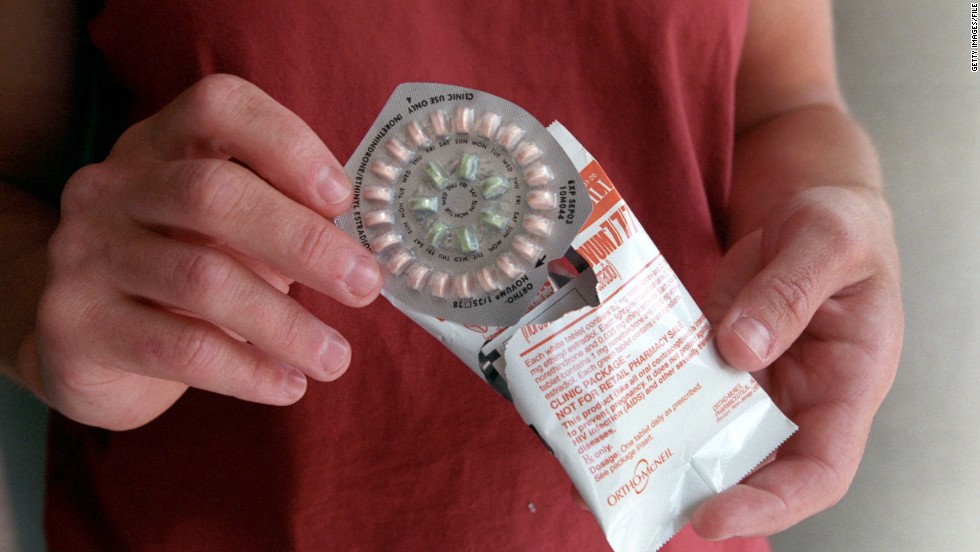Teenage girls who use birth control pills are more likely to cry, sleep too much and experience eating issues than their peers who don’t use oral contraceptives, according to a recent study published in the medical journal JAMA Psychiatry.
Research has shown that adolescents who use birth control pills are more prone to be at risk for depression in adulthood — regardless of whether they continue taking the pills when they get older.
But investigators at Brigham and Women’s Hospital, University Medical Center Groningen and Leiden University Medical Center sought to examine something more subtle — depressive symptoms, which include increased crying, sleeping too much, feelings of worthlessness and suicidal thoughts.
“Depressive symptoms are more prevalent than clinical depression and can have a profound impact on quality of life,” co-author Hadine Joffe, vice chair for psychiatry research at Brigham and Women’s Hospital, said in a news release.
“Ours is the first study of this scale to dive deep into the more subtle mood symptoms that occur much more commonly than a depression episode but impact quality of life and are worrying to girls, women and their families.”
For this study, researchers looked at 1,010 girls and women over a period of nine years using data from an ongoing survey in the Netherlands called TRAILS, Tracking Adolescents’ Individual Lives Survey. They assessed birth control pill usage at ages 16, 19, 22 and 25.
“One of the most common concerns women have when starting the pill, and teens and their parents have when an adolescent is considering taking the pill, is about immediate depressive risks,” said lead author Anouk de Wit, a psychiatry trainee at University Medical Center Groningen.
Researchers found that 16-year-old girls on birth control pills reported more crying, more sleeping and more eating problems than girls who weren’t on the pill, although the symptoms diminish once they enter adulthood.
